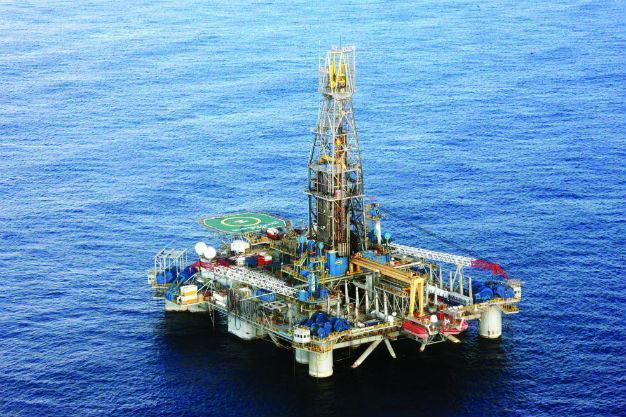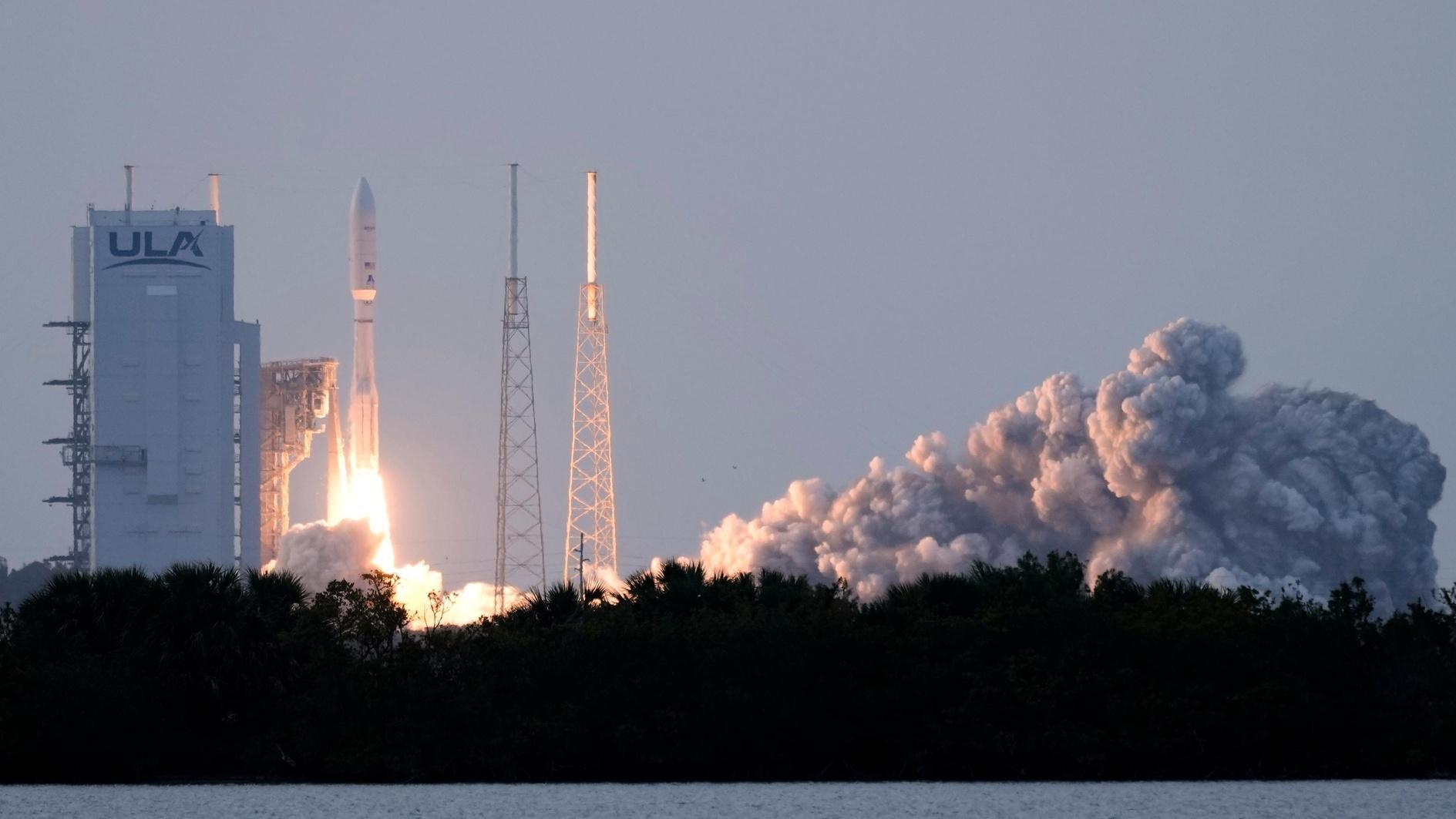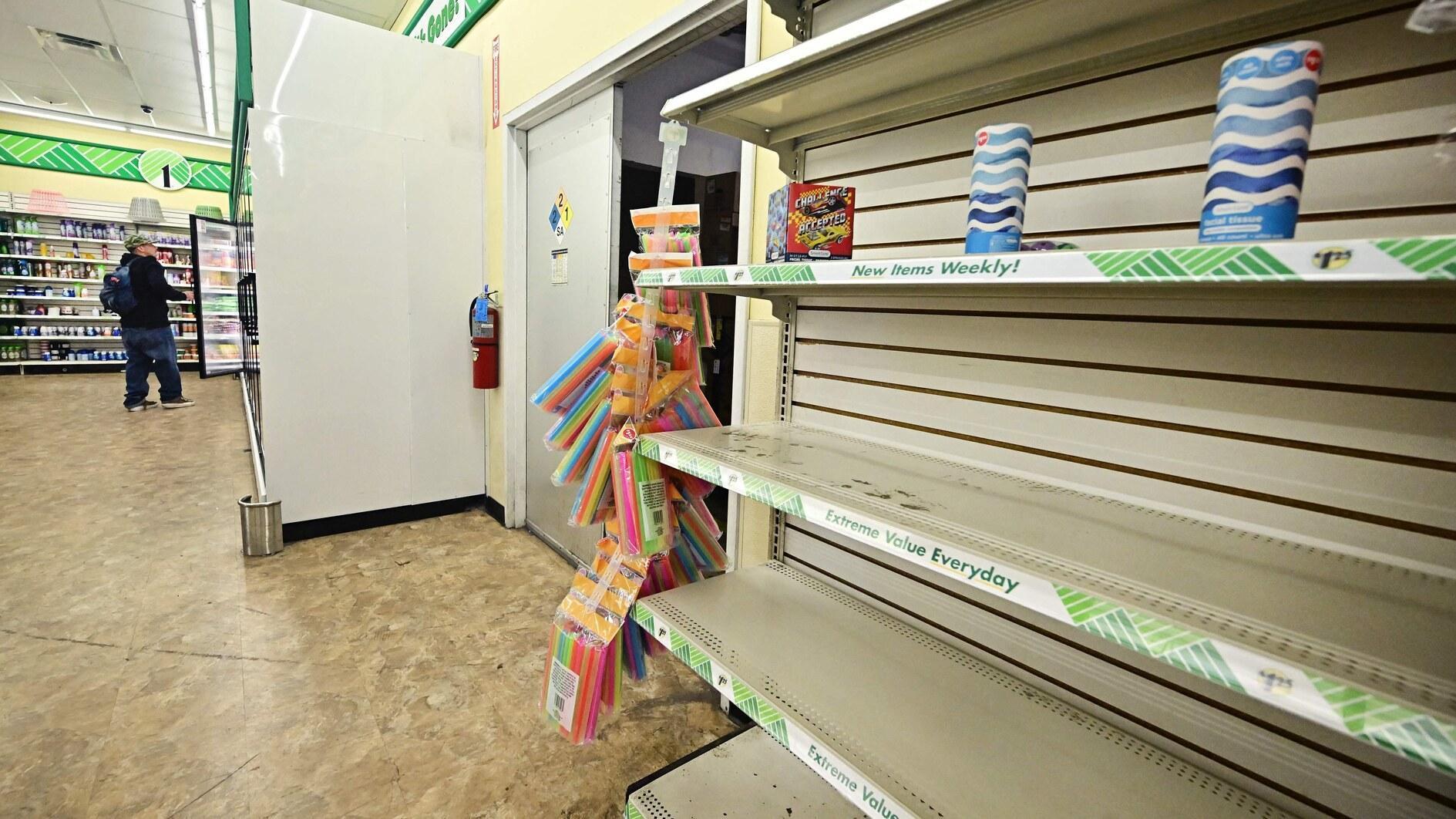Greek Cypriot side launches new round of gas exploration
NICOSIA - Agence France-Presse

AFP photo
Greek Cyprus has launched a third licensing round for offshore oil and gas drilling off the Mediterranean island’s southern coast.“The decision to launch this licensing round was based on the huge interest by international companies to carry out explorations offshore Cyprus despite the energy industry’s not so favorable conditions,” said government spokesman Nicos Christodoulides.
Nicosia has put blocks 6, 8 and 10 up for grabs close to where Italy’s ENI made a huge find in Egypt’s offshore “Zohr” field that could hold 30 trillion cubic feet of gas.
The field sits adjacent to a Greek Cyprus block licensed to French energy giant Total.
Untapped wealth
The record Zhor find last August has raised hopes that there is more untapped wealth to be found off Cyprus island.
Energy Minister George Lakkotrypis said March 25 the geological landscape of the three blocks were similar in structure to the Zohr field.
“They have been interpreted to contain carbonate structures as in the case of Zhor discovery,” he said.
The deadline for expressions of interest in the three blocks is July 22.
US firm Noble Energy made the first find off the southeast coast in 2011 in the Aphrodite field (block 12), which is estimated to contain 127.4 billion cubic metres (4.54 trillion cubic feet) of gas.
Israeli firms Delek and Avner have a 30-percent stake in the venture. Noble has handed over a 35-percent share to Britain’s BG International.
Block 12 has been declared commercially viable but an action plan on the next steps has yet to be finalized.
Italian-South Korean venture ENI-Kogas has so far failed to discover any exploitable gas reserves in deep-sea drilling off the island.
ENI has the right to exploit blocks 2, 3 and 9 in Greek Cyprus’s exclusive economic zone that borders Egypt’s gas fields.
Greek Cyprus needs to find more gas reserves to make a planned onshore terminal financially viable as it seeks to become a regional energy player.
It had planned to build a liquefied natural gas plant that would allow exports by ship to Asia and Europe, but the reserves confirmed so far are insufficient to make that feasible.
Greek Cyprus and energy-starved Egypt are looking into the possibility of transferring gas from the Aphrodite field to Egypt via an undersea pipeline.
















